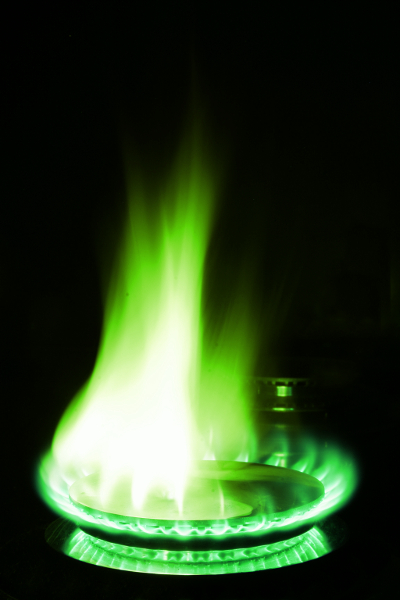Green scheme issues exposed
 A Senate inquiry has heard concerns of “state-sponsored greenwashing”.
A Senate inquiry has heard concerns of “state-sponsored greenwashing”.
Some of the nation’s largest corporations, such as Ampol, Coles, and Qantas, stand accused of leveraging a government-backed climate action scheme to boast their environmental credentials despite significant flaws within the program.
The Senate inquiry has been told that the Australian Competition and Consumer Commission (ACCC) is yet to endorse the federal government’s Climate Active carbon neutrality certification.
Despite this, over 500 companies have already adopted it, exploiting its lax standards.
Tom Leuner, ACCC's executive general manager, cited persistent “confusion” over the scheme's rules as a significant issue.
The Department of Climate Change, Energy, the Environment and Water has paused the certification process, pending a comprehensive overhaul aimed at addressing these deficiencies.
However, department secretary Jo Evans said the lack of approval was not out of the ordinary.
“[Climate Active] has been around for a long time, is evolving and is subject to a current review,” she told the Senate committee.
“Up until now, we’re certain there isn’t anything improper about what has been done, but that doesn’t mean it’s perfect.”
Greens senator Sarah Hanson-Young criticised the ongoing use of the trademark, suggesting the government and businesses are participating in a form of “state-sanctioned greenwashing”.
Polly Hemming, from the Australia Institute, pointed out the scheme allows companies to claim certification even for a single carbon-neutral product, a practice adopted by Ampol for its carbon-neutral petrol.
“The Australian government is actively incentivising greenwashing in Australia because it is cheaper to greenwash than it is to legitimately decarbonise,” Ms Hemming said.
Meanwhile, the 16th season of MasterChef Australia has come under fire for its partnership with the Australian Gas Network.
The show’s decision to feature gas cooktops - banned in new Victorian homes - has been criticised as backward in the context of national and global shifts towards cleaner energy alternatives.
Critics argue that MasterChef's promotion of “renewable” gas options such as hydrogen and biomethane glosses over the significant reliance on traditional gas, which remains dominant in the market.
Several groups have written a letter to Masterchef Australia, encouraging the show to join international Masterchef programs including the UK, Italy, Singapore, Denmark and Spain where competitors have been cooking on induction cooktops for several years.
“The Sponsorship … only helps to greenwash the gas industry and create a false impression that biomethane and hydrogen are good replacements for methane gas,” says Joy Toose, Climate campaign manager for Environment Victoria.
“Australian Gas Networks have been peddling these gases as solutions to replace methane gas in an attempt to protect their massive profits – but in reality they can’t do the job.”







 Print
Print

